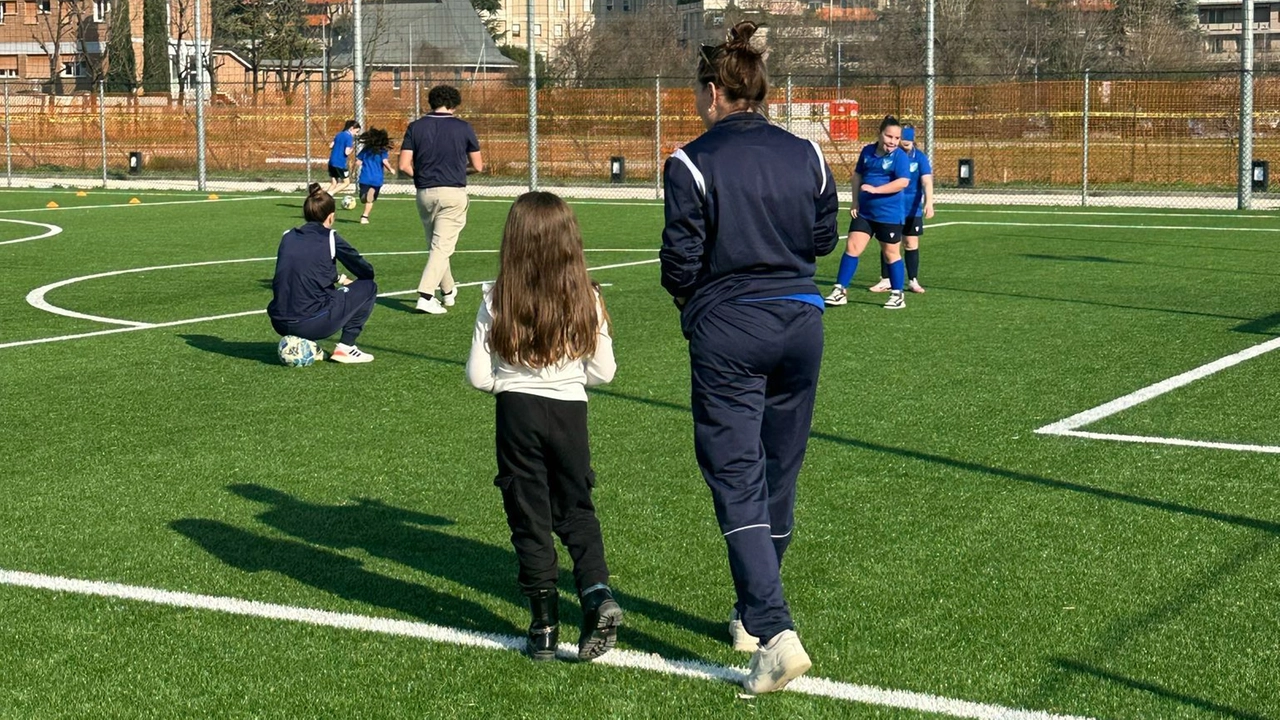Women's soccer, Brescia doesn't forget and raises the stakes: "We need support for women too."

July 27, 2025

The Equal Opportunities Commission expressed solidarity with female athletes
Brescia – The captain of the Azzurre, Cristiana Girelli from Brescia, said this with tears in her eyes in front of President Sergio Mattarella: "Now don't forget us."
The response came quickly from the City Council's Equal Opportunities Commission, which not only does not overlook women's soccer (and sports in general), but also emphasizes the importance of supporting sports participation for girls, adolescents, and women year-round. "We express our solidarity with women athletes ," explains Lucilla Rizzini, member of the Equal Opportunities Commission. "Our commitment is to promote inclusive sports policies. On March 8th, for example, we dedicated an initiative specifically to encouraging girls' discovery and access to sports considered male."
Football is one of them: yet the over 4 million spectators for the semi-final of the Women's European Championship demonstrate that when there's talent and passion, sport can win over fans, regardless of whether the players are male or female on the pitch.
Once the spotlight is off , many daily challenges remain: a female soccer player must contend with stereotypes, limited funding, and clubs struggling for survival. Even at the professional level, while the struggles of the Brescia men's team are well-known (and resolved thanks to the immediate response of institutions and entrepreneurs), those of the women's team remain largely unnoticed. "The problem is systemic," Rizzini recalls. "Media coverage for women's teams is almost nonexistent, and even when it does occur, we see sexist or paternalistic headlines." Yet we know that language is crucial to countering stereotypes and encouraging the practice of sport.
"We've read all the headlines about Sinner being the first Italian to win Wimbledon, but Errani and Vinci won the doubles: it would have been more accurate to say that Sinner was the first to win the men's tournament. It seems like women's sport is disappearing." It's no coincidence that the latest available data (Istat 2021) highlights a high rate of female dropouts from sports: at 18-19 years old, 27.8% of girls participate in sports compared to 50.6% of boys. "These numbers are sobering, considering the importance of sport for physical and mental well-being, and they require concerted action. As a commission," Rizzini concludes, "we are working according to the guidelines of the European Ethics Charter for Sport. We have received requests for support from other sports considered male. We certainly don't forget."
Il Giorno



